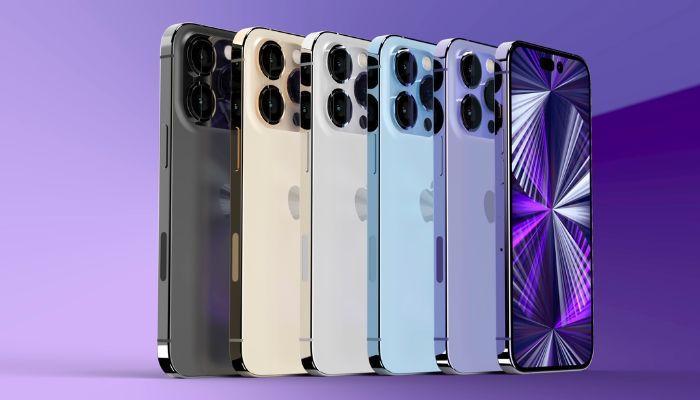iPhone prices may rise following U.S. President Donald Trump’s imposition of tariffs on countries around the world. According to a Reuters report, iPhone prices may increase by 30 percent to 40 percent if the company passes the cost to consumers.
Most iPhones are made in China, which was hit with a 54 percent tariff, and if these levies persist, Apple may either absorb the extra expense or pass it on to customers. For instance, the cheapest iPhone 16 model was launched in the U.S. with a sticker price of $799, but could cost as much as $1,142, per calculations based on projections from analysts at Rosenblatt Securities, who stated that the cost could rise by 43 percent if Apple passes it to consumers.
The more expensive iPhone 16 Pro Max currently retails at $1599 but could cost nearly $2300 if a 43 percent increase were passed to consumers. Apple sells more than 220 million iPhones a year, and its biggest markets include the United States, China, and Europe.
Read also: Apple’s iPhone 17 Air marks the start of a portless iPhone era
During Trump’s first term as president, he imposed tariffs on a wide range of Chinese imports to pressure U.S. companies to bring manufacturing either back to the United States or to nearby countries such as Mexico, but Apple secured exemptions or waivers for several products. However, this time, he has not yet granted any exemptions.
“This whole China tariff thing is playing out right now completely contrary to our expectation that American icon Apple would be kid-gloved, like last time,” Barton Crockett, analyst at Rosenblatt Securities, said in a note.
In February, the iPhone 16e launched as a cheaper entry point at $599. A 43 percent price hike could push that cost to $856. Nigeria is largely dependent on phone imports, although largely from China. iPhones make up only 9.26 percent of the Nigerian smartphone market, according to Statista.
